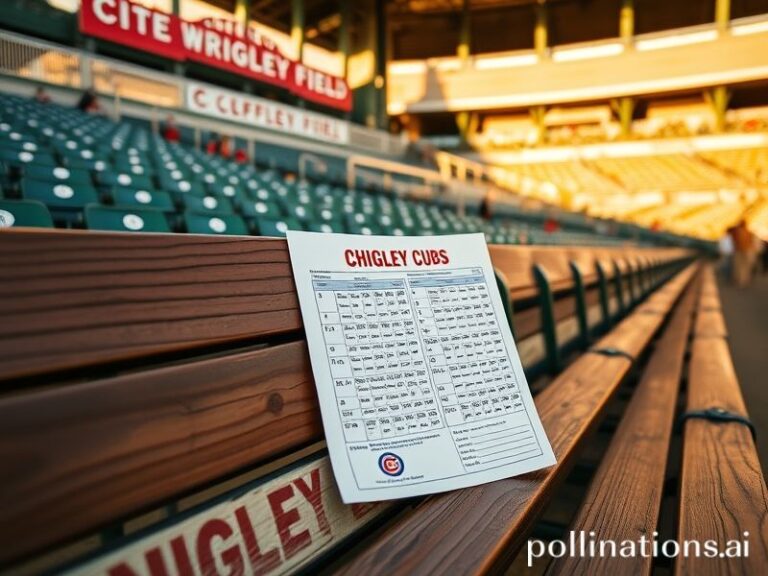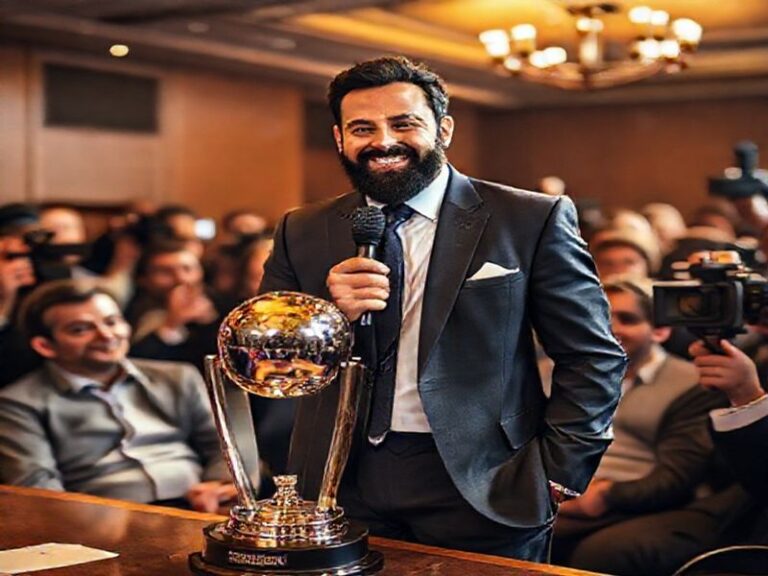Alek Manoah: Canada’s 95-mh Diplomat in a World Running on Empty
Alejandro Kirk may call the pitches, but it is Alek Manoah—6’6″, 260 pounds of Guelph-grown thunder—who has become Canada’s most reliable export of controlled violence since the invention of the ice-hockey body-check. From a distance, the story looks heart-warmingly simple: local kid makes good, dominates on the mound, waves the maple leaf, cue polite applause from a moose riding a Zamboni. Zoom out, though, and Manoah becomes a useful parable for a planet that can’t decide whether it wants to build bridges or just bean the other guy in the ribs.
Start with the obvious: baseball, once the exclusive obsession of three countries and a handful of Caribbean tax havens, is now a thoroughly multinational workplace. Scouts roam the Australian outback for side-armers; Korean analytics gurus Zoom into Dominican academies; MLB.tv streams in 180 nations, buffering bravely through typhoons and Russian firewalls alike. In this global bazaar, Manoah is less a hometown hero than a highly leveraged commodity—drafted 11th overall in 2019, worth roughly the GDP of Kiribati once arbitration kicks in. The Jays keep him under club control for the same reason Beijing stockpiles rare earths: scarcity equals leverage, and leverage is the only language the 21st century speaks fluently.
That scarcity is itself a geopolitical punch-line. While Manoah was polishing a 2.24 ERA last season, the planet was busy closing borders, hoarding vaccines, and arguing on Twitter about whether “sovereignty” is just nationalism with better branding. Baseball, meanwhile, solved its own supply-chain crisis with ruthless efficiency: it simply locked Latin teenagers in gated complexes and shipped them north like ethically dubious Christmas ornaments. Manoah, by contrast, arrived pre-packaged from the University of West Virginia—no human-trafficking subplot required—making him the rare luxury good Canada can sell without first apologizing.
The cultural symbolism is too delicious to ignore. Picture the scene: Manoah on the Rogers Centre mound, hurling 95-mph two-seamers beneath a retractable roof designed to keep Ontario snowstorms (and, metaphorically, global reality) at bay. Below, 30,000 fans chant “M-V-P” in a city where the median home price just cracked CAD 1.2 million, rendering actual home ownership as mythical as a Blue Jays World Series repeat. On the jumbotron, cryptocurrency ads flicker beside Tim Hortons spots, because nothing says “post-national pastime” quite like trading leveraged Bitcoin futures while sipping a double-double that costs the hourly wage of an Amazon picker in Brampton.
And then there’s the geopolitics of the fastball itself. Every Manoah heater is a physics lesson in American soft power: the ball stitched in Costa Rica, the rosin bag mined in Morocco, the PitchCom transmitter assembled from rare minerals extracted by Congolese children whose life expectancy is shorter than a seven-inning doubleheader. Manoah grips the seams, exhales, and for 1.3 seconds the planet’s contradictions coalesce into a white blur that ends with a swing and a miss—or, if you’re Vladimir Guerrero Jr., a 450-foot souvenir. Either way, the transaction is complete: raw materials transformed into televised spectacle, colonial aftertaste discreetly masked by Cracker Jack.
Off the mound, Manoah plays the diplomat with the practiced ease of a UN intern. He speaks softly in interviews, praises his teammates, and publicly supports mental-health initiatives—useful camouflage in an era when athletes are expected to moonlight as lifestyle brands. One suspects the real negotiations occur in private: agents, streaming platforms, sneaker companies, and whichever authoritarian regime is currently shopping for a baseball academy to launder its international reputation. The smile is authentic; the ledger is brutal.
What does it all mean, ultimately? Perhaps only this: on a burning planet where glaciers dissolve faster than bullpens in October, we still find time to marvel at a 24-year-old hurling stitched cowhide past a piece of ash wood. It’s either a testament to human resilience or the final stage of civilizational denial—probably both. Somewhere in Guelph, a kid in a too-large Manoah jersey dreams of escape velocity. Somewhere in the Pacific, an atoll sinks beneath the waves. The pitch clock ticks down, the crowd roars, and for four hours the world agrees to pretend the count is all that matters.







